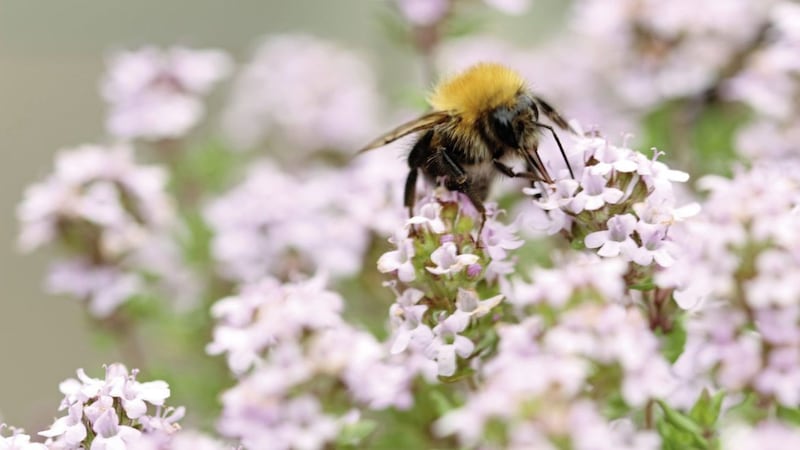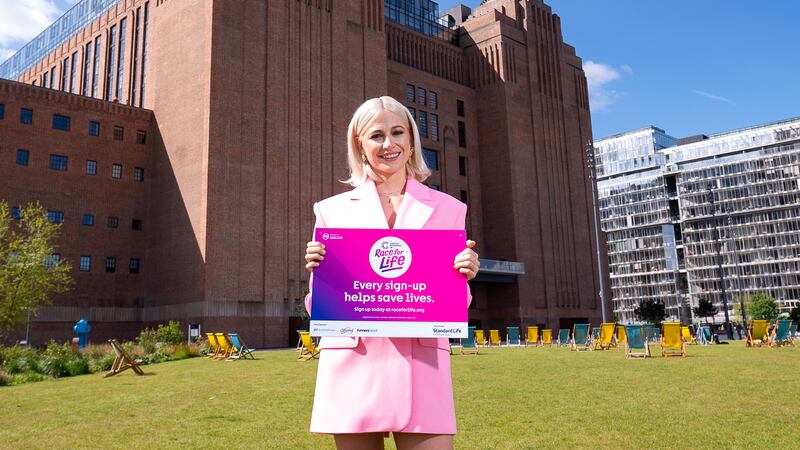GARDENING can be an expensive past-time, with everything from seeds to secateurs and loppers to pond liners costing money. The rising cost of living is reflected in the prices at nurseries and garden centres, who are appear to be reeling more from the effects of rising energy costs rather than any adverse impact of what some might call the "iniquitous protocol".
Luckily, not every aspect of gardening involves spending money and thankfully for the Earth, often the most environmentally friendly gardening methods are totally free. To coincide with Earth Day earlier this month, the gardening experts at online retailer The Greenhouse People compiled a short list of sustainable gardening practices you can try at home without breaking the bank.
Create your own compost: While it may not seem like it, kitchen waste can contribute significantly to carbon emissions – six per cent of global greenhouse gas emissions come from food loss and waste. But creating your own compost means you not only reduce food waste, you also create nutrient-rich compost that is great for your garden without having to buy a thing. Compost can be made using kitchen waste, grass clippings, hedge trimmings, cardboard and livestock manure. Use a sealed bin if composting kitchen waste, or if you have the room have a bin and a heap, the latter solely for garden waste. The experts recommend watering your compost occasionally and turning it every couple of weeks.
Switch up your watering practices: Automatic garden sprinklers may be a more convenient option, but they can use an excessive amount of water.
Rather than using sprinklers or a hosepipe to water your garden, consider switching to a watering can. This is ideal for smaller beds and pots which don’t need large amounts of water. Collecting rainwater is also a great free alternative and only costs the price of a butt.
Use indigenous plants: Plants that are native to Ireland are not only cheaper than exotic varieties, they are also far more environmentally friendly.
When indigenous plants thrive in their original environment, they create the perfect habitat for insects and wildlife like birds, bees and butterflies. Native plants also require less watering and compost ,which means they are less work for more reward. If you’d like to introduce some colour to your garden, use native Irish flowers like honeysuckle, lily of the valley, foxgloves and ox-eye daisies. If you’re looking for some more substantial greenery in your garden, trees like silver birch, holly, white willow and Irish oak are great indigenous options
Make your own insecticide: A healthy garden with biodiversity and a healthy ecology, will rarely be plagued by pests – and if you are troubled then it's likely it's a symptom of a wider problem. While many insects bring great benefits in your garden, the likes of aphids and slugs in excessive numbers are not a welcome addition. Slug pellets should be consigned to history and effective natural remedies deployed instead, many of which you can easily DIY using ingredients found in your home. There are a number of household ingredients, including garlic, baking soda, hot peppers and washing-up liquid, which are effective in combatting pests in your garden and indoors. You can keep these ingredients mixed up in a spray bottle and spray plants when necessary.








